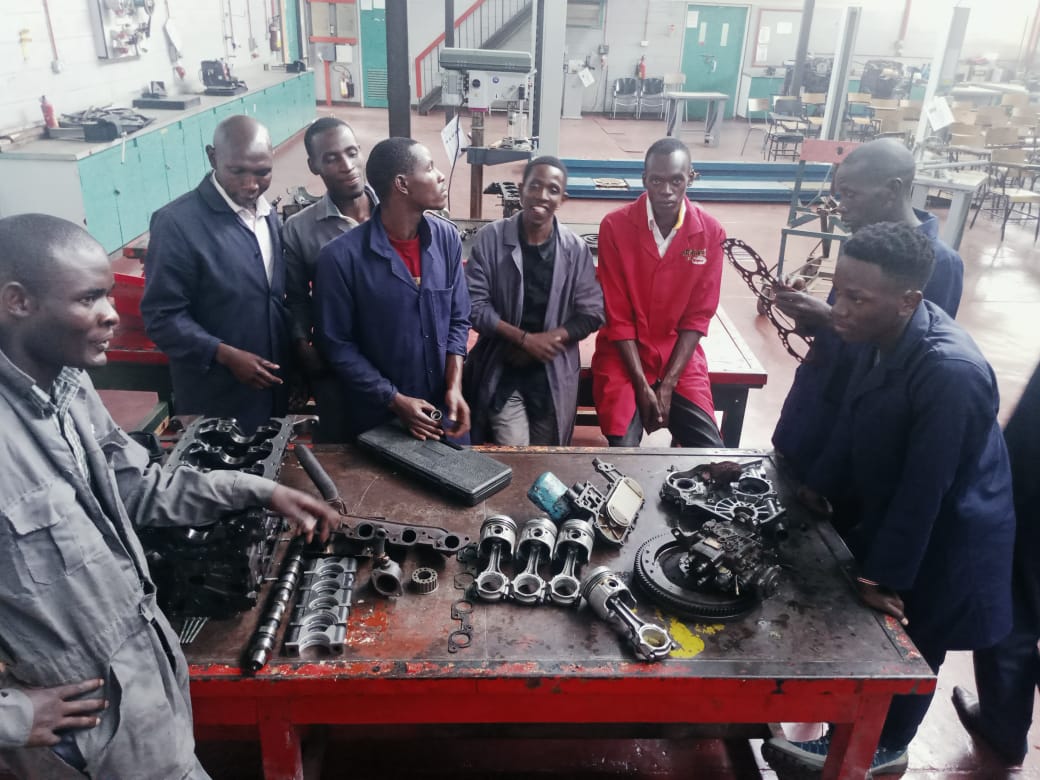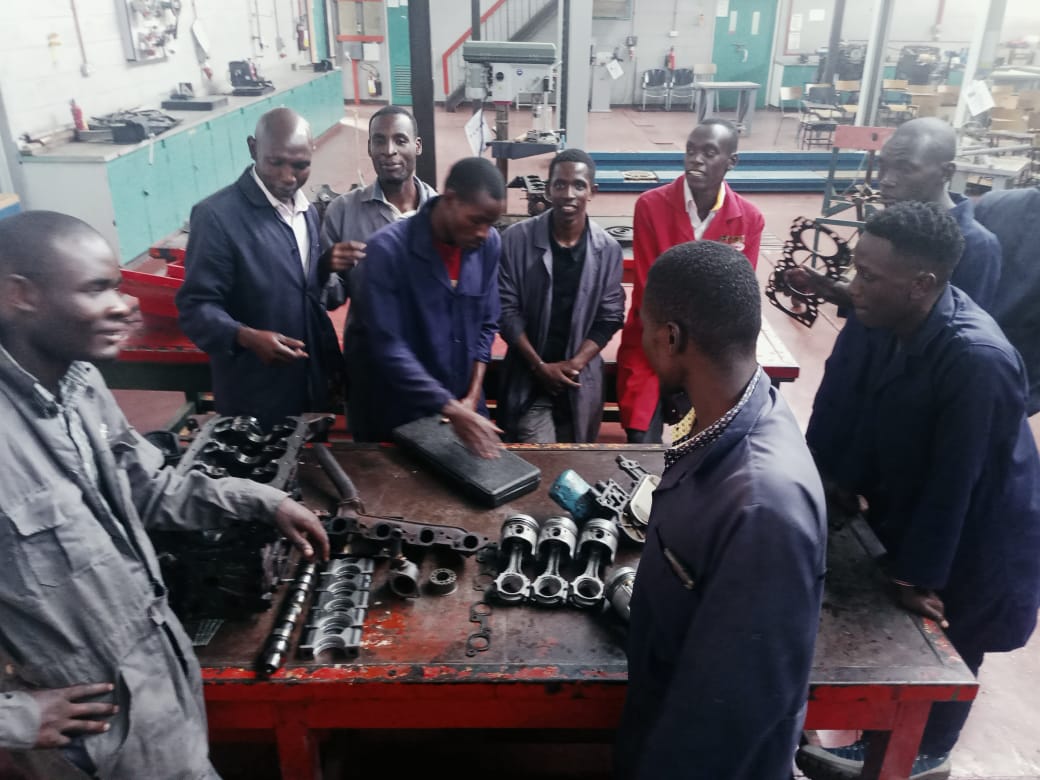
Mechanical engineering is a broad and dynamic field that focuses on the principles of physics and materials science to design, analyze, manufacture, and maintain mechanical systems. Here’s a detailed breakdown of what is studied in mechanical engineering:
Core Subjects in Mechanical Engineering
-
Statics and Dynamics
- Statics: Study of forces in equilibrium. Topics include force vectors, equilibrium of bodies, and structural analysis.
- Dynamics: Study of forces and their effects on motion. Topics include kinematics, kinetics, vibrations, and the motion of mechanical systems.
-
Mechanics of Materials
- Examines how materials deform under various types of loads. Topics include stress and strain, torsion, bending, and material failure theories.
-
Thermodynamics
- Study of heat transfer and energy conversion. Topics include laws of thermodynamics, engines, refrigeration cycles, and entropy.
-
Fluid Mechanics
- Study of fluid behavior and its applications. Topics include fluid properties, fluid dynamics, hydrostatics, and applications like pumps and turbines.
-
Heat Transfer
- Study of thermal energy movement. Topics include conduction, convection, radiation, and heat exchangers.
-
Mechanical Design
- Focus on creating and analyzing mechanical components and systems. Topics include design principles, failure analysis, and the use of CAD (Computer-Aided Design) tools.
-
Manufacturing Processes
- Examination of techniques for producing mechanical components. Topics include machining, casting, welding, and additive manufacturing.
-
Control Systems
- Study of how systems are regulated and controlled. Topics include feedback control, sensors and actuators, and system stability.
-
Materials Science
- Study of the properties and behaviors of materials. Topics include material types (metals, polymers, ceramics), material testing, and material selection for engineering applications.
-
Mechanical Systems and Robotics
- Focus on the design and analysis of mechanical systems and robots. Topics include kinematics, robot design, sensors, and actuators.
Specialized Topics and Advanced Courses
-
Renewable Energy Systems
- Study of alternative energy sources. Topics include solar, wind, and hydropower systems.
-
Aerospace Engineering
- Specialization in the design of aircraft and spacecraft. Topics include aerodynamics, propulsion systems, and spacecraft design.
-
Biomechanics
- Application of mechanical principles to biological systems. Topics include human motion analysis, prosthetics, and medical devices.
-
Automotive Engineering
- Focus on vehicle design and systems. Topics include automotive systems, engine design, and vehicle dynamics.
-
Mechatronics
- Integration of mechanical engineering with electronics and control systems. Topics include sensor integration, automated systems, and intelligent machines.
-
Computational Mechanics
- Use of computational methods to solve mechanical problems. Topics include finite element analysis (FEA), computational fluid dynamics (CFD), and simulation techniques.
Practical Experience
-
Laboratories and Workshops
- Hands-on learning in labs and workshops to apply theoretical knowledge. This includes experiments, prototype development, and testing.
-
Internships and Industry Projects
- Practical experience in industry settings to work on real-world problems and projects.
-
Capstone Design Projects
- Large-scale projects typically undertaken in the final year of study. Students work on comprehensive design challenges that integrate various aspects of mechanical engineering.
Skills Developed in Mechanical Engineering
- Problem-Solving Skills: Applying theoretical concepts to practical problems.
- Analytical Skills: Using mathematics and computational tools to analyze mechanical systems.
- Design Skills: Creating functional and efficient mechanical systems and components.
- Technical Skills: Proficiency in CAD software, simulation tools, and laboratory techniques.
- Communication Skills: Documenting and presenting engineering solutions effectively.
Summary Table
| Category | Topics Studied |
|---|---|
| Core Subjects | Statics, Dynamics, Mechanics of Materials, Thermodynamics, Fluid Mechanics, Heat Transfer, Mechanical Design, Manufacturing Processes, Control Systems, Materials Science, Mechanical Systems and Robotics |
| Specialized Topics | Renewable Energy Systems, Aerospace Engineering, Biomechanics, Automotive Engineering, Mechatronics, Computational Mechanics |
| Practical Experience | Laboratories, Workshops, Internships, Industry Projects, Capstone Design Projects |
| Skills Developed | Problem-Solving, Analytical, Design, Technical, Communication |
Mechanical engineering is a diverse field with applications in virtually every industry, from automotive to aerospace, manufacturing to energy, and beyond. The study of mechanical engineering equips students with a robust set of skills and knowledge to tackle a wide range of engineering challenges.
- Teacher: EMMANUEL MATAYO

